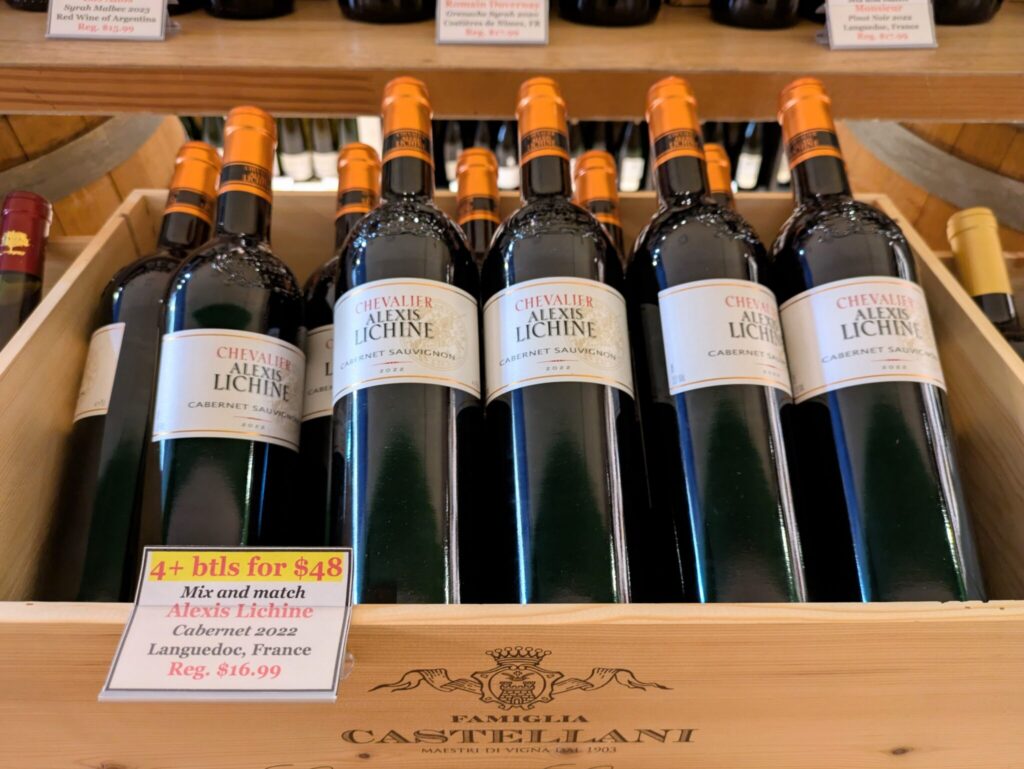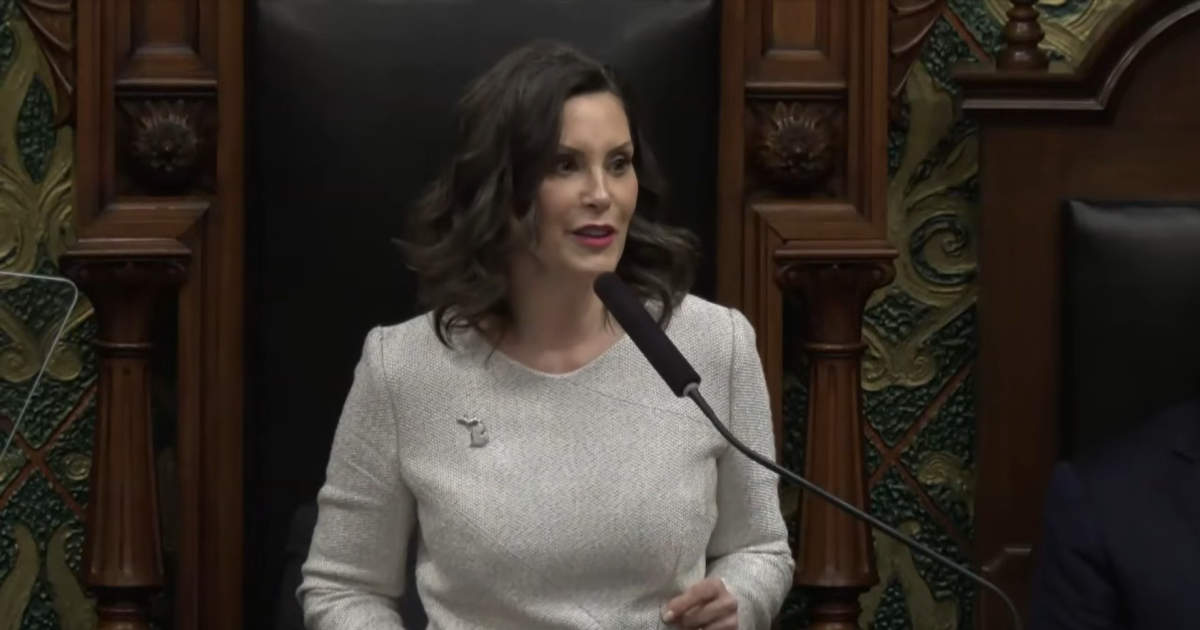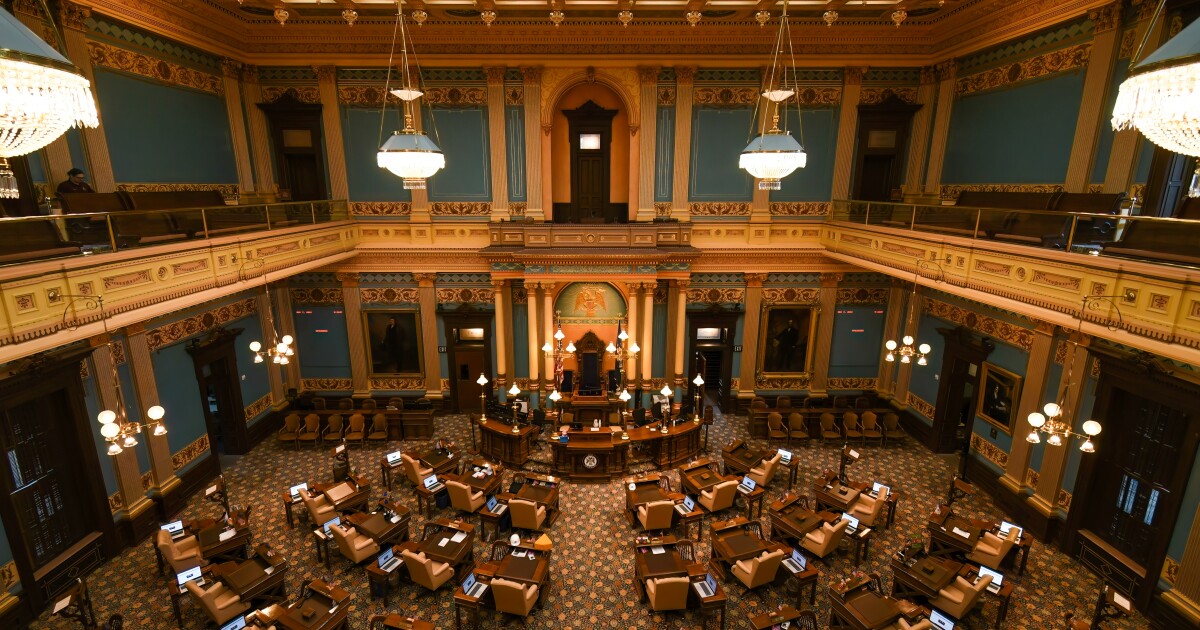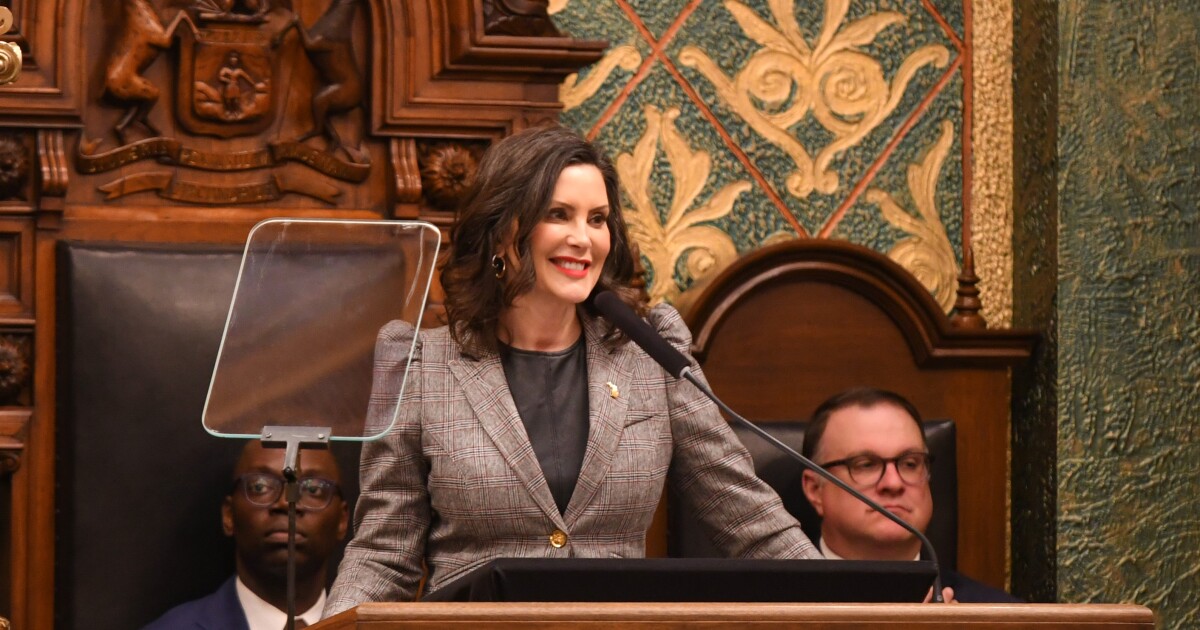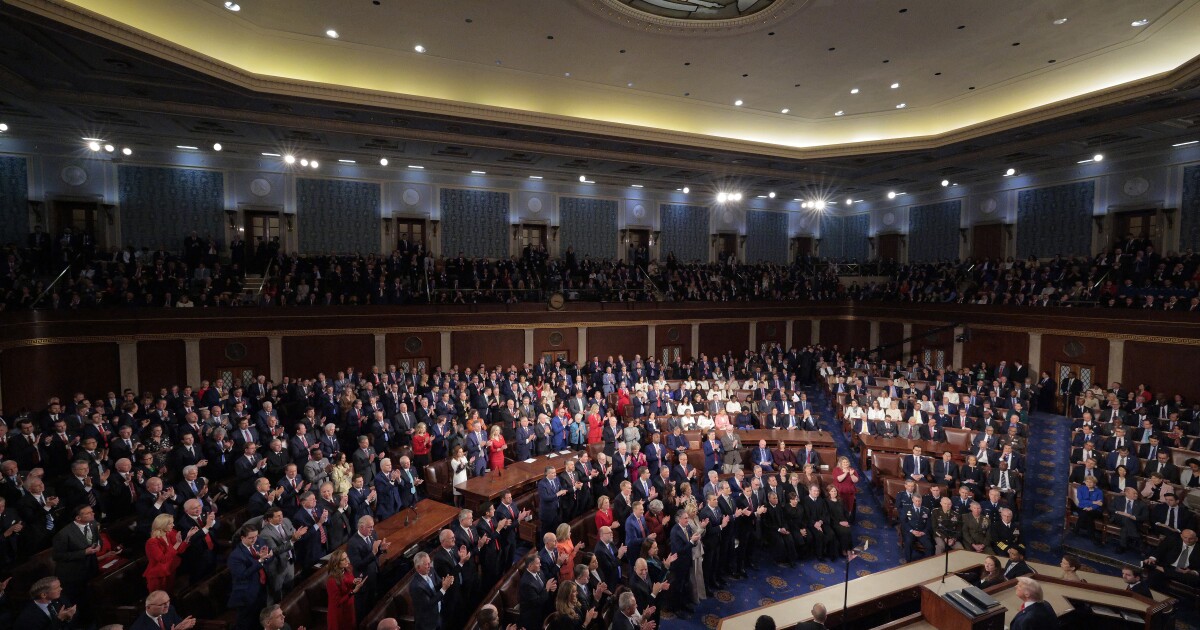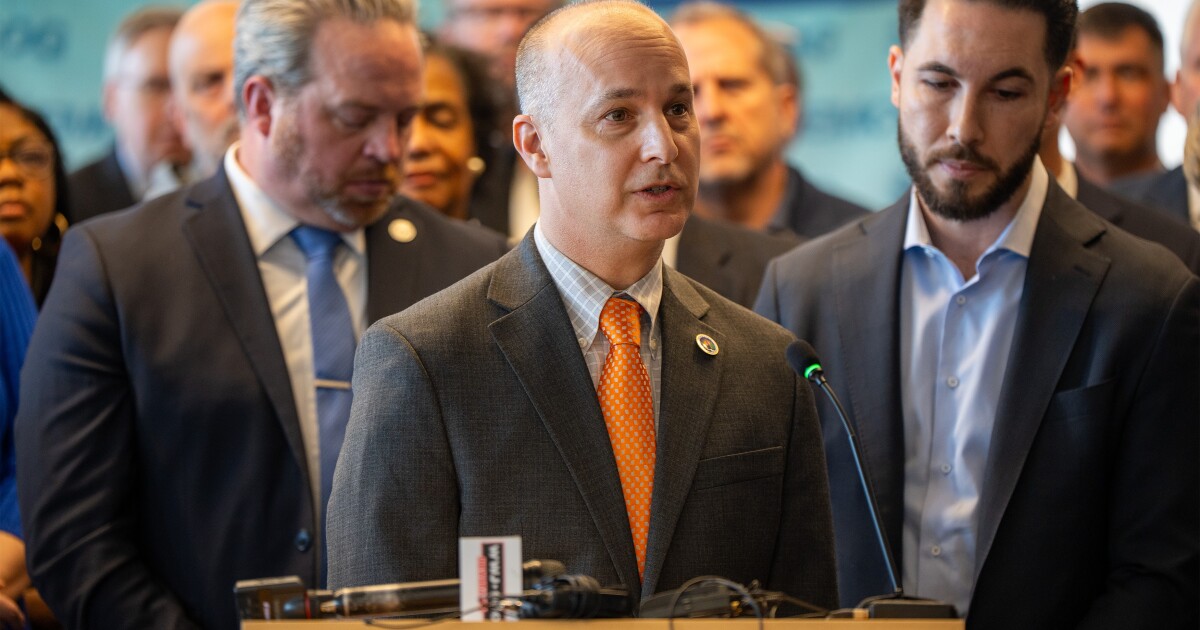WASHINGTON — On Wednesday, the U.S. Supreme Court will hear a significant case from President Donald Trump’s second term. The case centers on the administration’s defense of emergency tariffs that small American business owners claim are threatening their operations. At the core of the case is whether Trump can impose extensive tariffs under the International Emergency Economic Powers Act (IEEPA), marking the first instance a president used this statute to levy import taxes.
This lawsuit challenges Trump’s presidential authority and is the administration’s first appeal to the high court argued on its merits. Previously, Trump’s appeals have been addressed on the shadow docket, a fast-tracked process without full arguments. Although Trump initially intended to attend the arguments, he will be at a business forum in Miami instead. The Supreme Court session begins at 10 a.m. Eastern, with live audio available on the court’s website.
Treasury Secretary Scott Bessent plans to attend, expressing his desire for a front-row seat. Michael McConnell, a Constitutional Law expert from Stanford Law School, represents the small businesses challenging the tariffs. He asserts that while the president holds significant powers from the Constitution, he lacks the authority to impose taxes without Congressional approval, as tariffs affect American importers. According to McConnell, IEEPA is meant for sanctions against adversarial nations, not for taxing lawful trade with allies.
Tariffs a ‘terrible and unsustainable weight’
Victor Schwartz, head of VOS Selections, a wine and spirits importer, describes Trump’s tariffs as an “existential threat.” Leading a consolidated case, Schwartz and other small business owners, along with Democratic state attorneys general, contest duties ranging from 10% to 50% based on product origin. Schwartz states these tariffs endanger small businesses, burdening them with costs paid at ports without immediate revenue return. Tariffs, particularly the 30% on South African wines, have halted some imports for Schwartz.
Other plaintiffs include companies from Utah, Virginia, Pennsylvania, and Vermont. States like Arizona, Colorado, and Maine have joined the lawsuit, with lower courts deeming Trump’s IEEPA tariffs unconstitutional. The Supreme Court will also review a related case from Illinois-based toy companies facing tariffs as high as 50% on imports from countries including China and Vietnam.
Trump says ‘country is wealthy again’
Trump declared the case as critical, saying the economy would suffer if his tariffs were invalidated. He claims tariffs have revitalized the U.S. economy, expecting future investments from foreign nations. The U.S. Treasury reports collecting $195 billion in customs duties by September’s end. In a filing, Treasury Secretary Bessent warned of potential $1 trillion consequences if tariffs were revoked. U.S. Solicitor General John Sauer defends the tariffs as essential to addressing trade deficits and drug trafficking.
However, Scott Lincicome from the Cato Institute argues against the administration’s stance, stating the tariffs won’t lead to financial ruin. Cato’s brief highlights the country’s fiscal challenges with or without tariffs.
Some Republicans break ranks
Nearly two dozen briefs urge the court to rule against Trump’s tariffs, including one signed by Democrats and Sen. Lisa Murkowski. Lawmakers argue IEEPA lacks the typical constraints for delegating tariff power. Recently, four Republican senators joined Democrats in passing resolutions against Trump’s tariffs on Brazilian goods, though these are unlikely to pass in the GOP-led House. Cato contends the administration’s interpretation of IEEPA undermines the separation of powers.
The America First Policy Institute supports Trump’s tariffs as central to his administration’s policies, asserting he has the power to impose taxes under a Depression-era law. Trump initiated tariffs through executive orders on imports from China, Canada, and Mexico, citing national emergencies due to trade imbalances and illegal drug smuggling.
In August, additional tariffs were applied to Indian and Brazilian goods due to geopolitical disagreements. These actions have led to ongoing legal battles challenging the administration’s use of IEEPA for tariff impositions.
—
Read More Montana News

